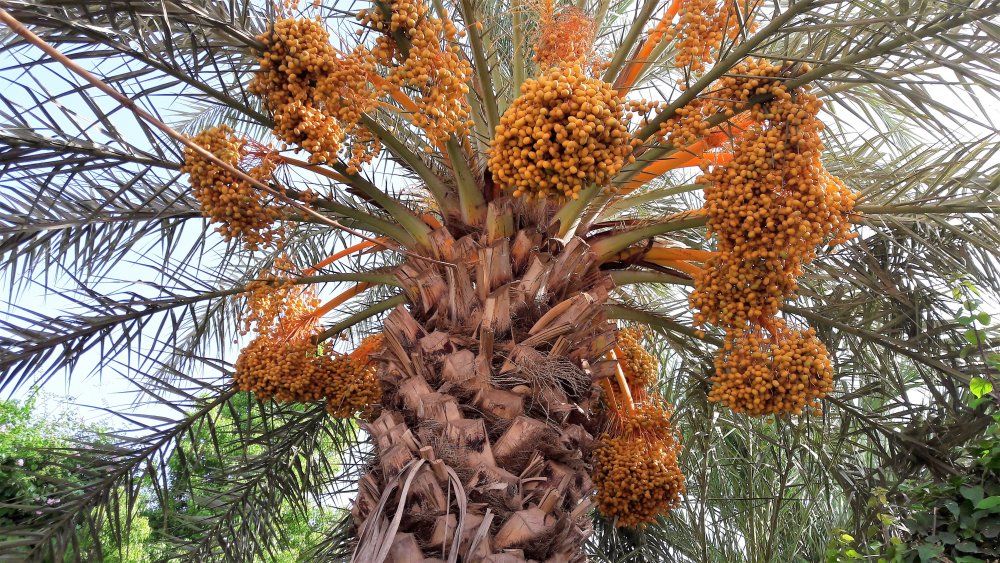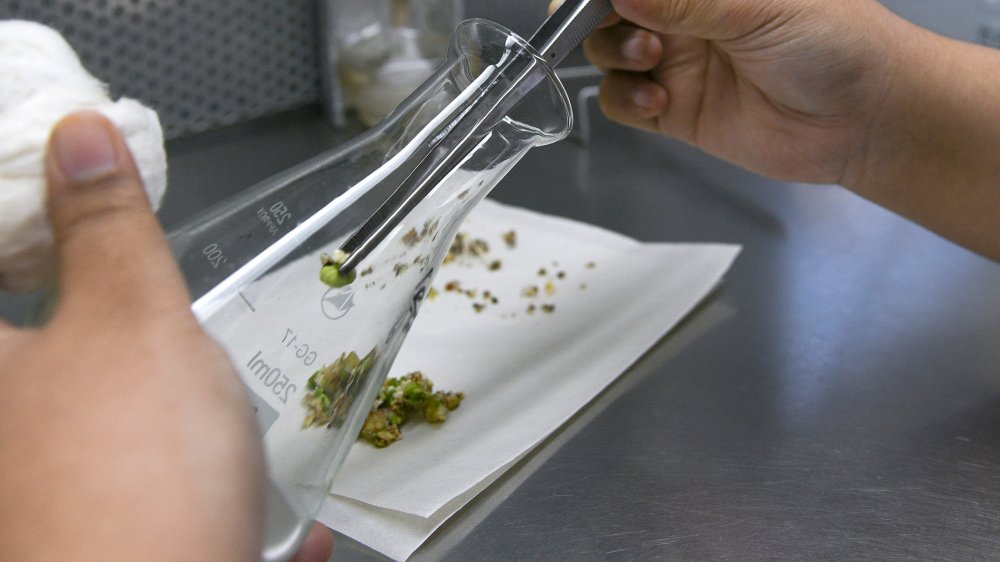Seeds From Biblical Times Planted To Revive Extinct Species
In news that will have Jeff Goldblum just livid, scientists at the Arava Institute for Environmental Studies in Israel have resurrected a group of long-dead plants using seeds uncovered at three archaeological sites in the Judean desert.
Hoping to get a better grasp on now-extinct lines of fauna, researchers have successfully germinated a series of seven date palm trees whose seeds date back roughly 2,000 years. This would make any potential fruit produced by the plants the oldest Bible-related dates you could get without being catfished on Christian Mingle again. According to Phys.org, all seven of the "Plants That Time Forgot" currently reside in Israel's Ketura community, and scientists are pretty excited about these ancient trees.
These Biblical trees will (hopefully) bring back extinct fruit
The date trees — named Methuselah, Adam, Jonah, Uriel, Boaz, Judith, and Hannah — are unusual for several reasons. They've been sprouted from seeds that laid untouched for thousands of years, a process which leaves most forms of life remarkably dead. But these little botanical engines that could managed to remain viable while holed up across three archaeological sites, most notably Qumran, the West Bank cave system where the Dead Sea Scrolls were discovered.
Scientists are thrilled by the plants' can-do attitude, as they belong to a species of date tree that went extinct hundreds of years ago as a result of repeated conflicts in the area. Their fruit, known as Judean date palms, was described as being especially sweet, unusually big, easy to store, and was believed to help fight diseases. All of that should be taken with a grain of salt since standards in all four of those categories have trended upwards since the genesis of such modern marvels like insulin and Doritos.
So far, the plants have yet to produce any of their famed miracle fruit, but they might just need some time to rub the sleep out of their eyes. After all, the oldest tree in question comes from seeds estimated to be 2,400 years old.

